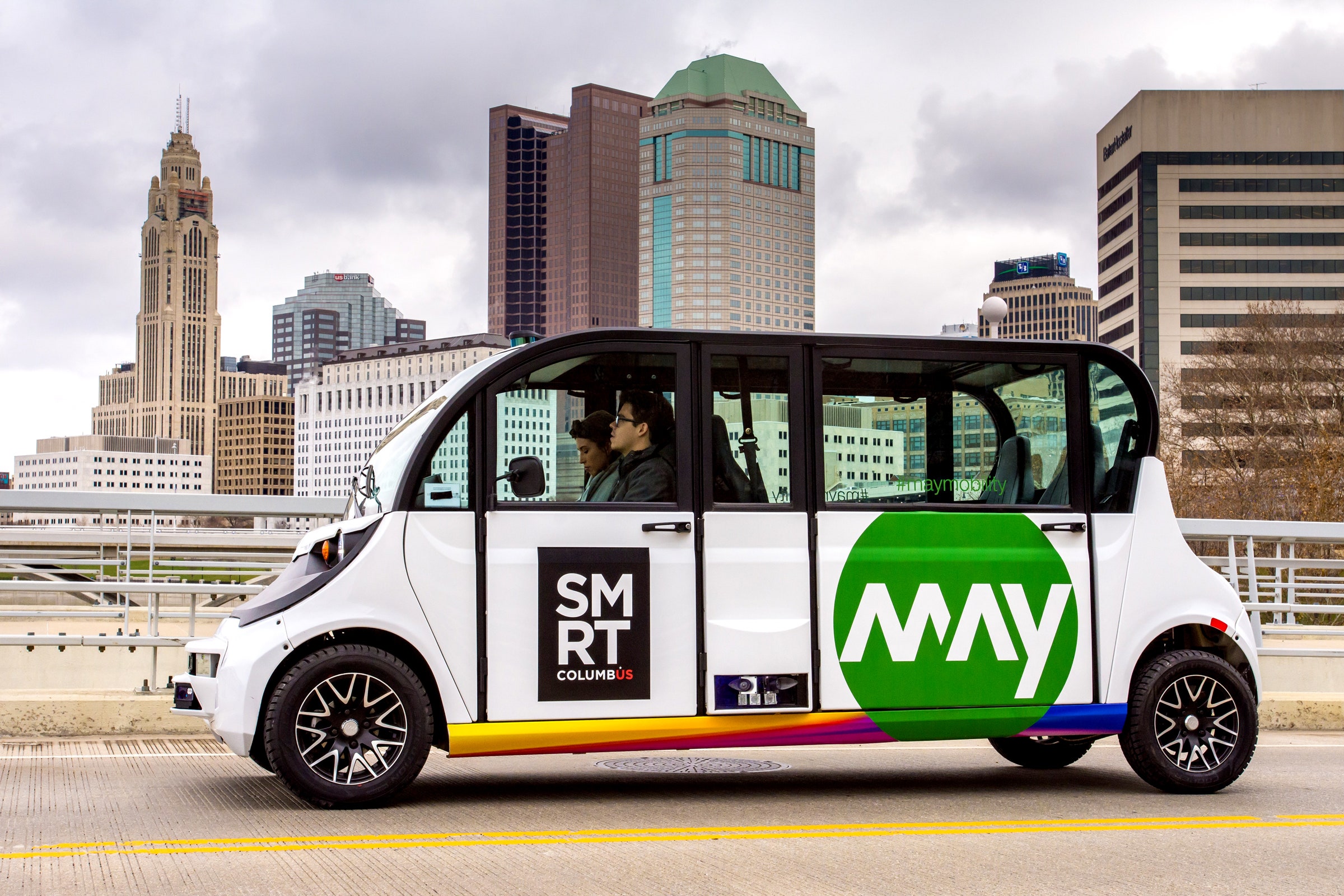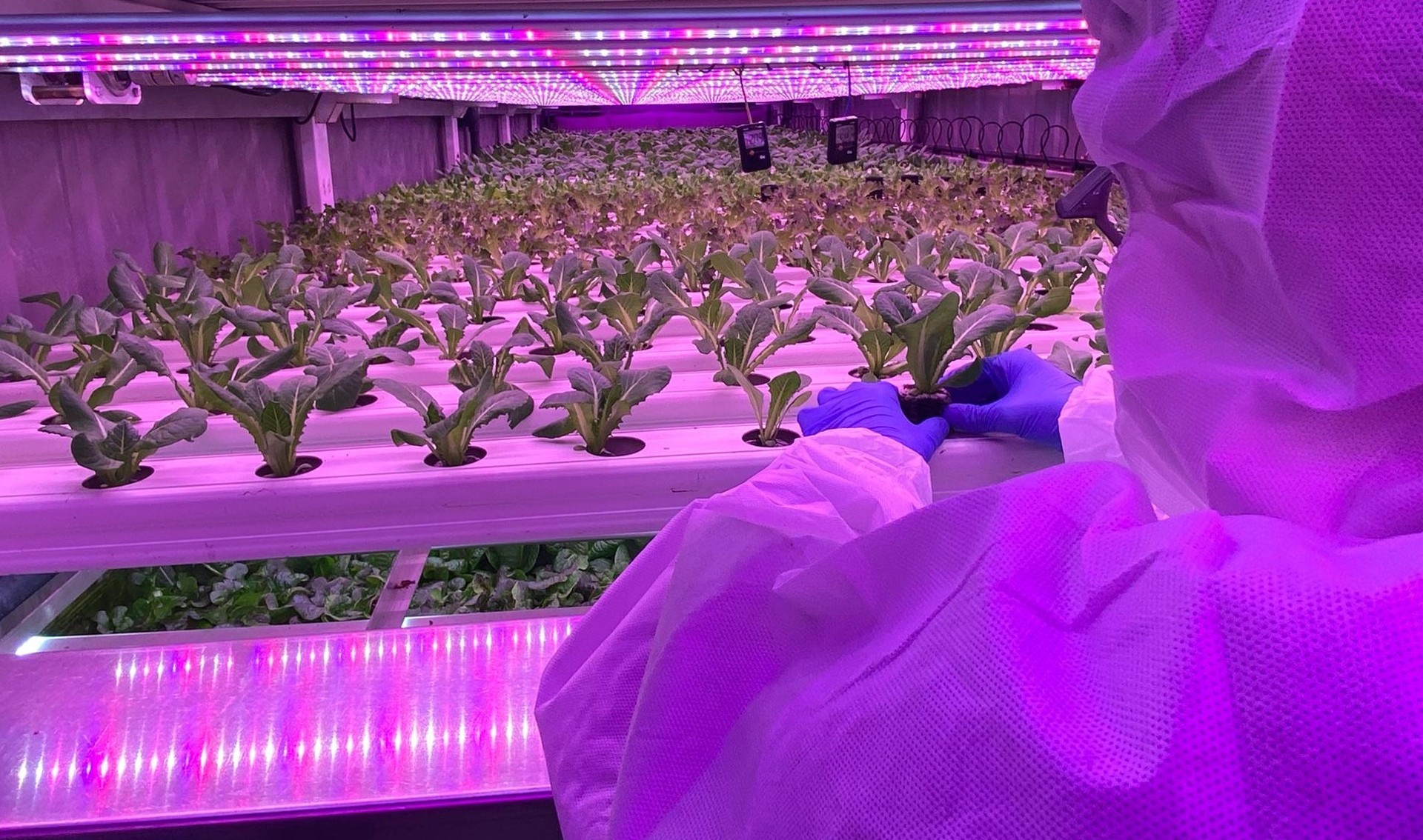Urban vegetable gardens have formed part of the landscape of our cities for some time now. The benefits are numerous and multidirectional: they keep citizens in touch with a farming world, which they are not familiar with, and it serves to clean up disused plots of land that would otherwise simply accumulate rubbish and they generate income for city councils in the form of letting fees.That said, their role when it comes to providing food is somewhat limited, if not anecdotal. They simply constitute a hobby. But what would happen if we started treating them as a necessary tool to guarantee the resilience of cities?Experts in Europe and Asia, where these types of micro-farms are firmly established, analysed the situation from an open point of view during the Smart City Expo World Congress 2019. What role does food have in cities? What is its ecological impact? How can urban vegetable gardens go from being a hobby to offering solutions to such serious problems such as the break in the supply chain? These were some of the issues that were addressed.
Feeding a population in crisis situations: the weak link of resilience
 Hundreds of millions of people around the world live in areas exposed to natural disasters of all sorts, from flooding and tornados to earthquakes and tsunamis. In many of these places, such as in Japan, the authorities have implemented policies aimed at improving the resilience of their cities through regulations and laws establishing that buildings and infrastructures must be built that are capable of withstanding large-scale earthquakes.A similar thing applies to the power supply. Although electricity is the first thing to go during a natural disaster, generators and solar panels can be used to provide a minimum supply in the event of an emergency. The issue of food is trickier, particularly in isolated areas. This was the case in Puerto Rico which, in 2017 lost 80% of its agriculture after being destroyed by Hurricane María.Puerto Rico pulled through, but food security on the island was annihilated and the situation was critical for months; only food sent from the United States prevented the continuous lack of supply turning hunger into a generalised famine. The temporary elimination of Puerto Rico’s farming capacity was accentuated by the poor management of the aid received.For the first time in many years, a developed country witnessed what happens when the stable food supply is taken for granted. And suddenly, the media and politics began to pay attention to what academics have been saying for years, that food, more so than electricity, is critical for the survival of cities.
Hundreds of millions of people around the world live in areas exposed to natural disasters of all sorts, from flooding and tornados to earthquakes and tsunamis. In many of these places, such as in Japan, the authorities have implemented policies aimed at improving the resilience of their cities through regulations and laws establishing that buildings and infrastructures must be built that are capable of withstanding large-scale earthquakes.A similar thing applies to the power supply. Although electricity is the first thing to go during a natural disaster, generators and solar panels can be used to provide a minimum supply in the event of an emergency. The issue of food is trickier, particularly in isolated areas. This was the case in Puerto Rico which, in 2017 lost 80% of its agriculture after being destroyed by Hurricane María.Puerto Rico pulled through, but food security on the island was annihilated and the situation was critical for months; only food sent from the United States prevented the continuous lack of supply turning hunger into a generalised famine. The temporary elimination of Puerto Rico’s farming capacity was accentuated by the poor management of the aid received.For the first time in many years, a developed country witnessed what happens when the stable food supply is taken for granted. And suddenly, the media and politics began to pay attention to what academics have been saying for years, that food, more so than electricity, is critical for the survival of cities.
Timid beginnings with a community aspect
 Countries such as Thailand experience enough extreme weather events to be familiar with this. This was confirmed by Karndee Leopairote, Chief Advisor at Future Tales Lab, during her intervention in the Smart City Expo World Congress 2019, where she presented an interesting urban vegetable garden project that aims to maintain a minimum food security.According to Leopairote, the administrative area of Bangkok could only feed itself for one day if food could not be imported from other provinces. And since Thailand tends to experience flooding, creative solutions need to be established to alleviate this initial supply shortage. The response includes using building rooftops as community vegetable gardens where they are safe from floods.Green rooftops cannot feed a block of apartments continuously, but they can provide a minimum amount of food until help arrives. Furthermore, Leopairote explained that vegetable gardens help strengthen the community spirit among neighbours, which is also a critical aspect in the resilience of any society.Other projects that seek to take the idea of urban vegetable gardens one step further. Romainville, in France, is completing the Cité Maraîchère, glass food-farm towers used for local farming to plant different types of vegetables. The structure has been designed following efficiency principles and it seeks to reduce energy consumption, creating a multi-level greenhouse with room in the basement to grow mushrooms.The Cité Maraîchère, said the mayor of Romainville, will be able to produce up to twelve tonnes of food per year including tomatoes, carrots and mushrooms. The crops are sold at an affordable price to residents and they will be used in the cafeteria located on the ground floor. In terms of fertilisers, the towers will use locally-sourced composted organic waste.
Countries such as Thailand experience enough extreme weather events to be familiar with this. This was confirmed by Karndee Leopairote, Chief Advisor at Future Tales Lab, during her intervention in the Smart City Expo World Congress 2019, where she presented an interesting urban vegetable garden project that aims to maintain a minimum food security.According to Leopairote, the administrative area of Bangkok could only feed itself for one day if food could not be imported from other provinces. And since Thailand tends to experience flooding, creative solutions need to be established to alleviate this initial supply shortage. The response includes using building rooftops as community vegetable gardens where they are safe from floods.Green rooftops cannot feed a block of apartments continuously, but they can provide a minimum amount of food until help arrives. Furthermore, Leopairote explained that vegetable gardens help strengthen the community spirit among neighbours, which is also a critical aspect in the resilience of any society.Other projects that seek to take the idea of urban vegetable gardens one step further. Romainville, in France, is completing the Cité Maraîchère, glass food-farm towers used for local farming to plant different types of vegetables. The structure has been designed following efficiency principles and it seeks to reduce energy consumption, creating a multi-level greenhouse with room in the basement to grow mushrooms.The Cité Maraîchère, said the mayor of Romainville, will be able to produce up to twelve tonnes of food per year including tomatoes, carrots and mushrooms. The crops are sold at an affordable price to residents and they will be used in the cafeteria located on the ground floor. In terms of fertilisers, the towers will use locally-sourced composted organic waste.
Vertical farms: a possible industrial and sustainable solution to traditional farming.
 Nevertheless, the daily requirements of cities with hundreds of thousands and even millions of inhabitants cannot be met solely with the produce from urban vegetable gardens. Industrial farming is still required, however, unfortunately this activity can be immensely destructive.Countless hectares of jungles and forests are burned every year to make way for farming land, while the indiscriminate use of pesticides contaminates aquifers. Nor can we ignore the fact that intensive farming has a considerable impact on air pollution and on climate itself, due to the use of fuel during the cultivation, harvest and transport process, until the food reaches its destination.James Macdonald believes the industrialisation of vertical farming may be the future. This researcher specialising in controlled environment agriculture systems and sustainability, outlined the advantages of this form of farming, which does not require large open spaces, since it is structured on multi-level buildings totally isolated from the exterior for greater efficiency.In essence, it involves taking the farm to the industrial estate. His company, Urban Crop Solutions, aims to create buildings with various hydroponic crops, first leafy vegetables and in the future, cereals such as wheat and rice. According to Macdonald, the use of vertical industrial farms would allow farming land to be reincorporated into the natural environment to help combat climate change, but also take food production to cities themselves.Other benefits of large-scale vertical farming include less use of water and pesticides, the virtual absence of pests and greater circular use of resources, since waste is composted and converted into fertiliser. On the other hand, there is a significant use of power given the use of lamps to simulate sunlight; an aspect which is not exactly trivial.
Nevertheless, the daily requirements of cities with hundreds of thousands and even millions of inhabitants cannot be met solely with the produce from urban vegetable gardens. Industrial farming is still required, however, unfortunately this activity can be immensely destructive.Countless hectares of jungles and forests are burned every year to make way for farming land, while the indiscriminate use of pesticides contaminates aquifers. Nor can we ignore the fact that intensive farming has a considerable impact on air pollution and on climate itself, due to the use of fuel during the cultivation, harvest and transport process, until the food reaches its destination.James Macdonald believes the industrialisation of vertical farming may be the future. This researcher specialising in controlled environment agriculture systems and sustainability, outlined the advantages of this form of farming, which does not require large open spaces, since it is structured on multi-level buildings totally isolated from the exterior for greater efficiency.In essence, it involves taking the farm to the industrial estate. His company, Urban Crop Solutions, aims to create buildings with various hydroponic crops, first leafy vegetables and in the future, cereals such as wheat and rice. According to Macdonald, the use of vertical industrial farms would allow farming land to be reincorporated into the natural environment to help combat climate change, but also take food production to cities themselves.Other benefits of large-scale vertical farming include less use of water and pesticides, the virtual absence of pests and greater circular use of resources, since waste is composted and converted into fertiliser. On the other hand, there is a significant use of power given the use of lamps to simulate sunlight; an aspect which is not exactly trivial. Another important problem are access barriers. Although in some parts of the world, agriculture revolves around the figure of the landowner, in others, the farmers are the owners of their own land. What will happen to them if this type of farming becomes popular? Is there not a risk of large companies dominating not just the distribution and sale of the product but the farming process too?According to Macdonald, the smallest vertical horticultural unit is the size of a sea container and numerous farmers could get together to form cooperatives. Which, on the other hand will require a negligible number of workers compared with the inefficient tractor and harvester, but that is a problem that goes beyond the rural world.Images | Siam Green, Urban Crop Solutions (1 and 2), Henry Be, Krzysztof Niewolny
Another important problem are access barriers. Although in some parts of the world, agriculture revolves around the figure of the landowner, in others, the farmers are the owners of their own land. What will happen to them if this type of farming becomes popular? Is there not a risk of large companies dominating not just the distribution and sale of the product but the farming process too?According to Macdonald, the smallest vertical horticultural unit is the size of a sea container and numerous farmers could get together to form cooperatives. Which, on the other hand will require a negligible number of workers compared with the inefficient tractor and harvester, but that is a problem that goes beyond the rural world.Images | Siam Green, Urban Crop Solutions (1 and 2), Henry Be, Krzysztof Niewolny






















































